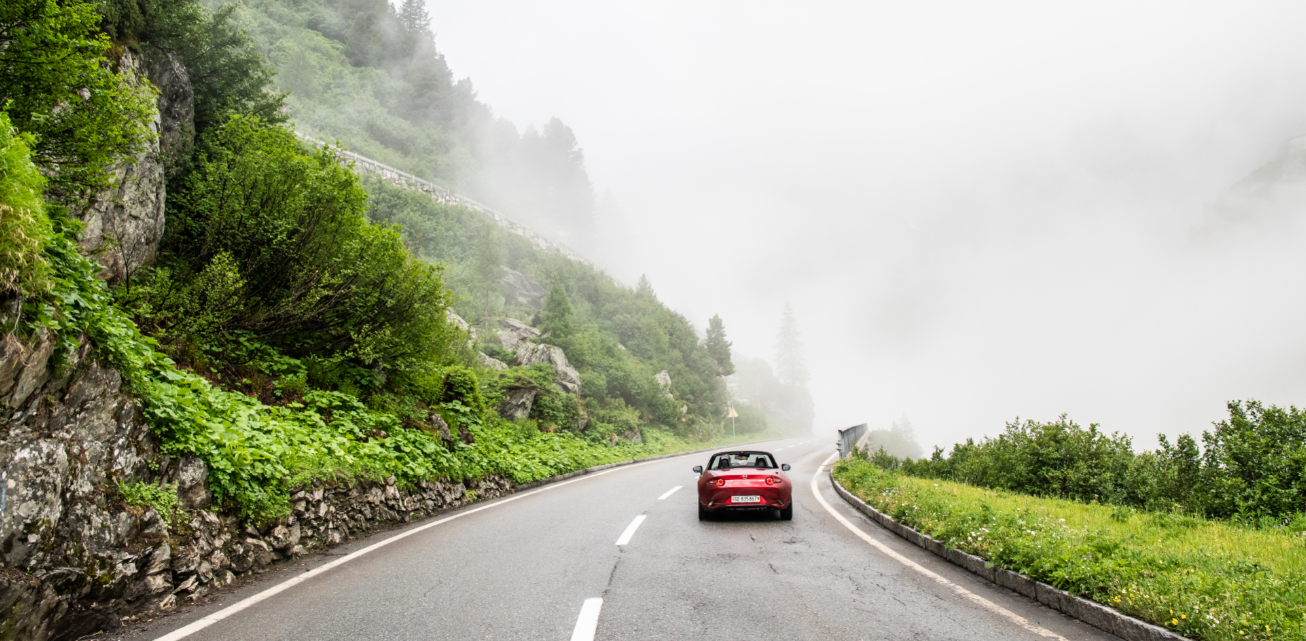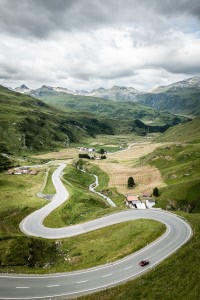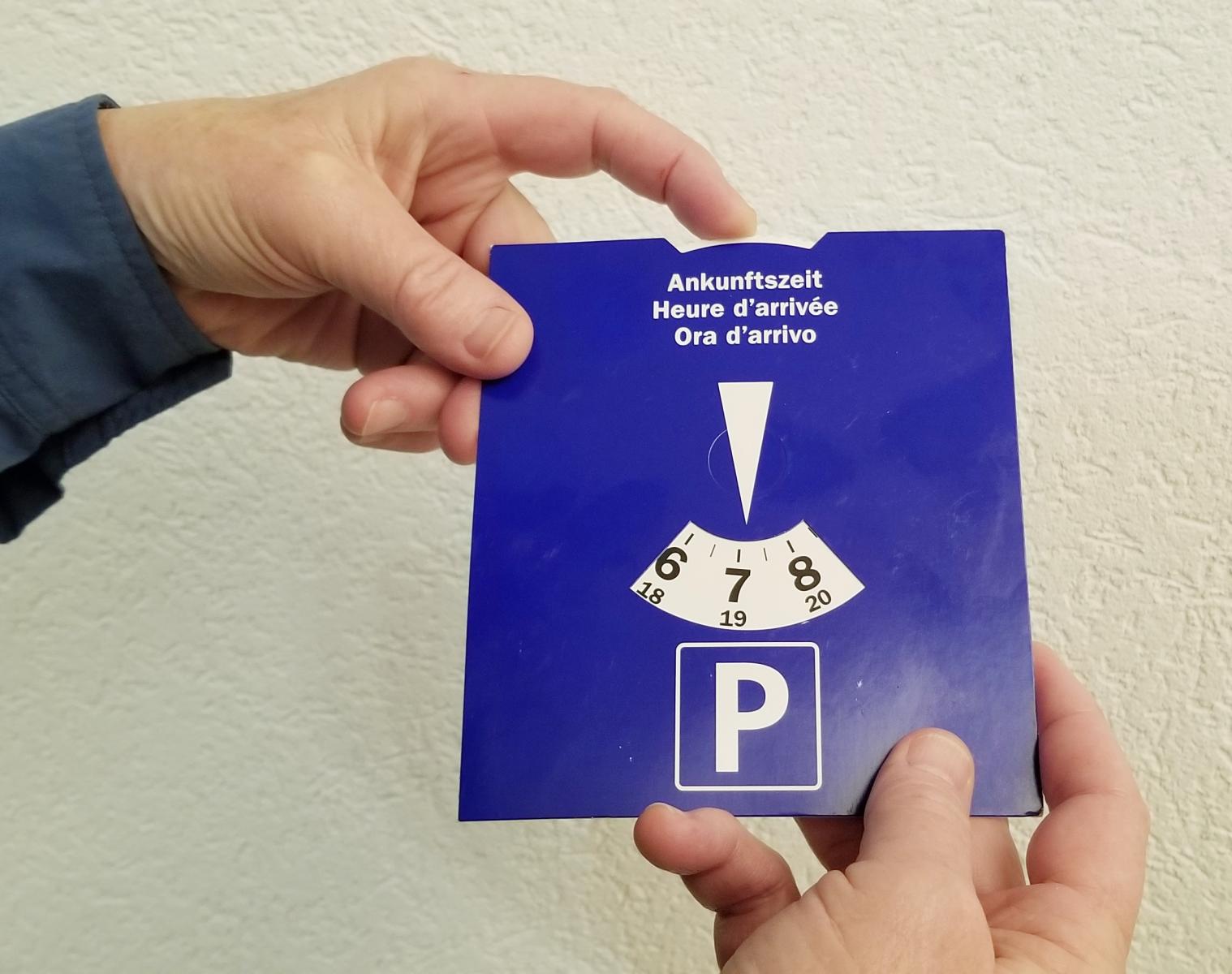- Trips
- Tour Calendar
- About Our Tours
- Plan a Trip
- Book a Trip
- About Us
- Contact Us



Traveling in Switzerland is fun, exciting and exhilarating as you explore personal, uncharted territories. However,  when traveling on a self-guided Alpenwild tour, the learning curve for local rules and travel regulations can put a damper on your journey if you’re not prepared. We want to help you avoid headaches by sharing five insider tips that will help you avoid fines and enjoy your Alpenwild self-guided road trip!
when traveling on a self-guided Alpenwild tour, the learning curve for local rules and travel regulations can put a damper on your journey if you’re not prepared. We want to help you avoid headaches by sharing five insider tips that will help you avoid fines and enjoy your Alpenwild self-guided road trip!
Switzerland has an excellent train and public transportation system, and for most travelers the famously efficient, punctual, and integrated Swiss Travel System is a great way to travel. But there are situations and itineraries where traveling by car might be the best option.
As you plan your trip, feel free to call an Alpenwild destination specialist to help you plan your itinerary and select the best travel method for you. Here are some pros and cons worth considering as you plan your trip:
If you’re set on exploring Switzerland by car, here are 5 things you need to know to drive legally on your Switzerland road trip.
Like a driver’s license is required anywhere else in the world, they are required in Switzerland as well. Individuals must be 18 years or older to drive in Switzerland. An International Driver's License in Switzerland is not required by law—your locally-issued license is all you need—but it can be helpful to have one available while traveling in Switzerland and elsewhere in Europe.
It is wise to book a rental car before your trip to ensure a vehicle will be ready for you when you arrive to Switzerland. There are many rental companies to choose from. Be sure to research what airport you will be arriving at and what car rental facilities are available there. You don’t want to reserve a car in Geneva if you are flying into Basel, unless you plan on catching a train!
Most Swiss car rental agencies require rental driver to be at least 25 years of age. Some agencies allow younger drivers to rent cars; however, the insurance rates will certainly increase.
When you inspect your rental vehicle at pick-up, be sure to ensure that your car comes with a vignette on the inside of the windshield and a warning triangle (used in the case of an accident). It is required by law to have one of each in the vehicle at all times.
Any person that uses the Swiss highways must pay for a vignette, also known as the motorway (highway) tax. Vignettes cost 40 CHF each (about $40 USD) and show that you have paid the motorway tax. Most rental cars will come with a vignette. In the case that your vehicle doesn’t, you should be able to purchase a vignette at a border crossing, gas station, or post office. The vignette should be placed on the inside of your windshield, failing to do so could result in a fine.
There are very few toll roads in Switzerland (just a few key mountain tunnels) and the vignette does not cover those tolls. Be sure to plan your routes accordingly. You can buy a Swiss Half Fare card to receive discounts on cable car rides.
In Switzerland, drivers are required to drive with their car head and tail-lights on day and night, regardless of the weather. Failing to do so can result in a fine. Just don’t forget to turn them off when you leave the car and explore!
There are speeding cameras throughout Switzerland, and when you least expect it you'll see a flash, meaning you've been caught speeding. Fines are steep—typically CHF 100 for going just 10km per hour over the speed limit. And when driving a rental car the ticket is sent to the rental car company and then forwarded to you with a 'service charge' of about CHF 30 tacked on top. We know one American who traveled by rental car in Switzerland for about 10 days and came home to a stack of speeding tickets totaling over $1500.
Home to four national languages plus English, road signs are used to visually direct drivers and keep the peace. Here is a Switzerland sign guide:
(1).png)
Now you’ve got the basics to eoy your self-guided Alpenwild road trip! If you have second thoughts and would rather join a guided tour, don’t hesitate to contact your Alpenwild Destination Specialist or email info@alpenwild.com. We are certain you will fall in love with Switzerland just like we have!
 Bottom Line—Don’t drink and drive.
Bottom Line—Don’t drink and drive.To give automobile travelers the best possible experience, Switzerland Tourism has come up with the Grand Tour of Switzerland, a well-marked, pre-planned, suggested driving routes throughout Switzerland, and supported with a map and guidebook. The route is both comprehensive and adaptable. It takes you from palm-lined lakeshores to glistening glaciers; from quaint medieval villages to buzzing cities. You’ll discover Switzerland at your own pace, but with lots of inspiration at your fingertips.
